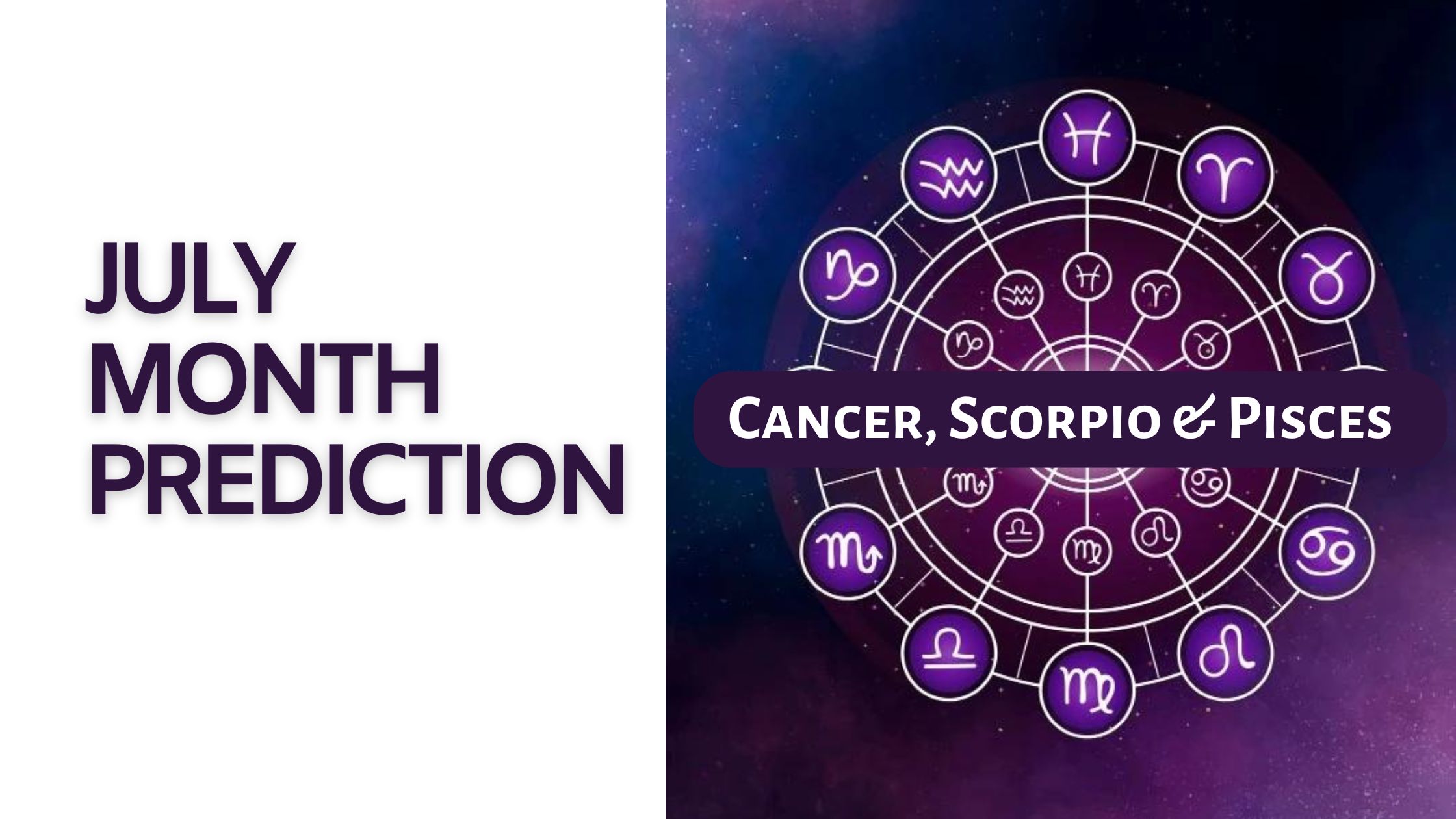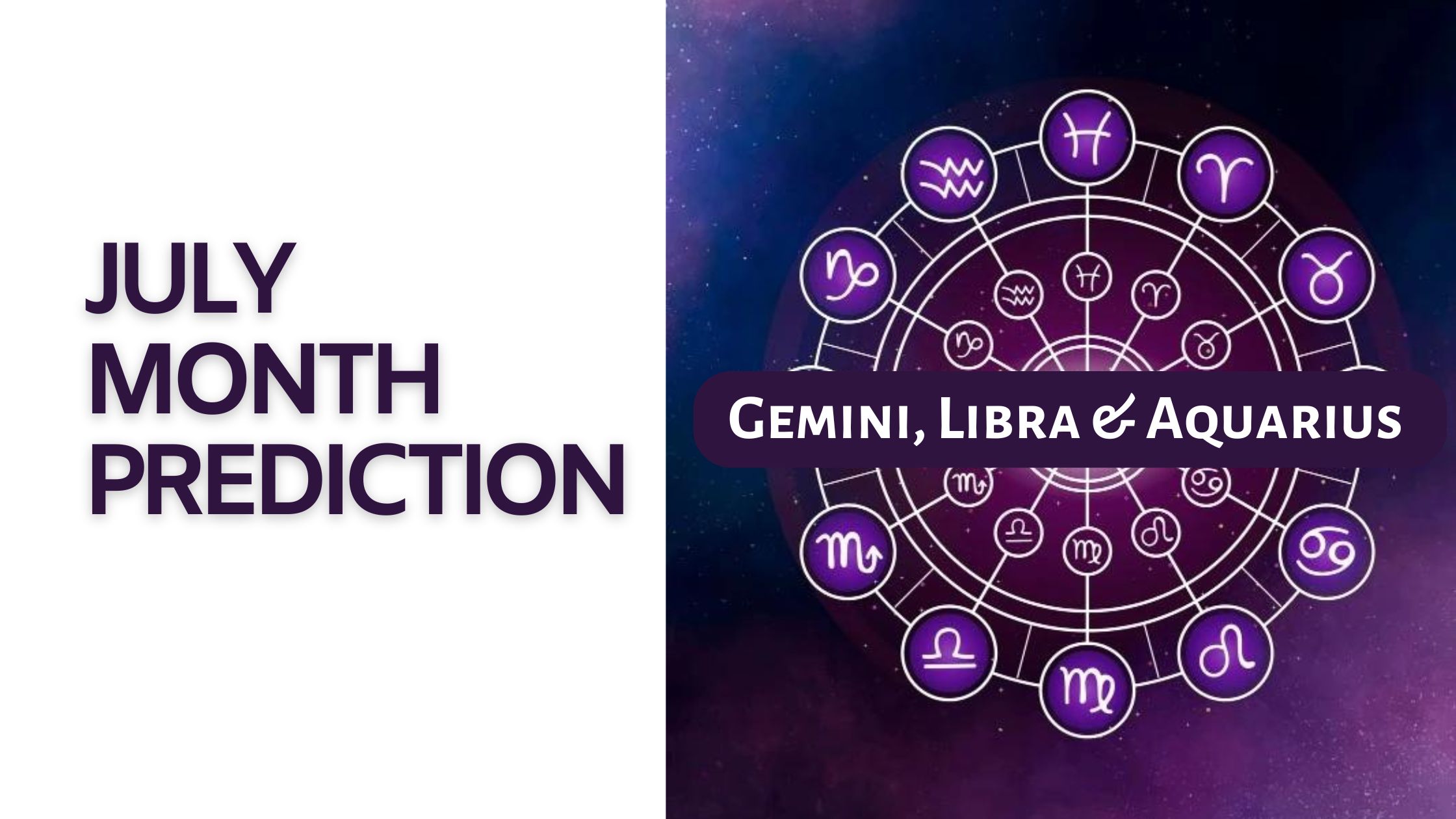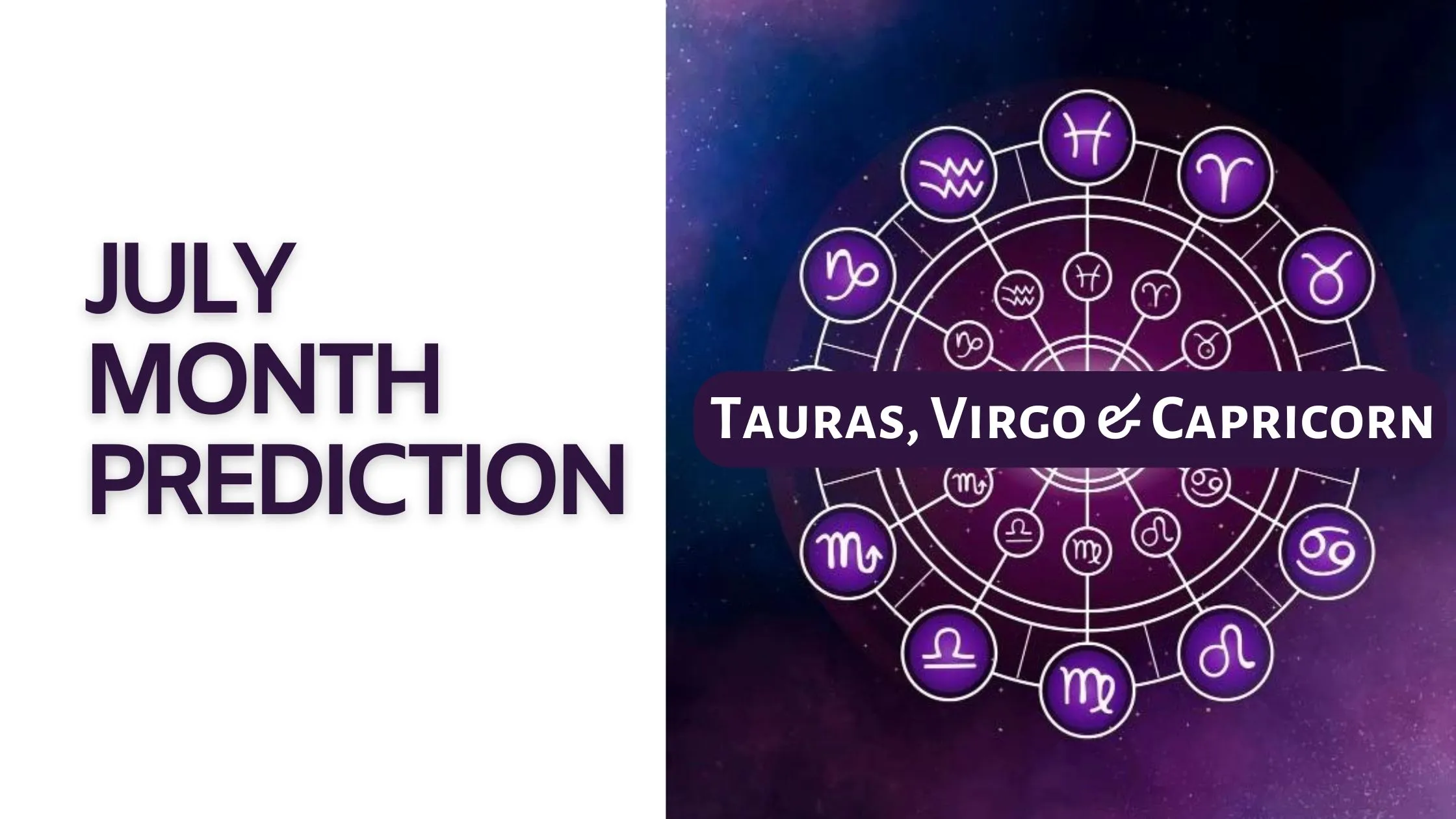



In simple terms, emotional intelligence(EI) is the ability to understand and appropriately react and address both our own and other emotions.
People with higher emotional intelligence not only understand the emotions expressed in words but also they can sense others' feelings by reading their faces.
In contrast, people who have weak emotional intelligence are unable to identify their own feelings, are frequently perplexed, sometimes feel vague, and at times find it challenging to comprehend what is going on in their mind and struggle to cope with their emotions.
They easily trust anyone, get their heart broken too often and take time to heal from it.
They also experience an immense amount of anger in them even though the issue is minor or could have been ignored.
Aristotle said, “Anybody can become angry-that is easy; but to be angry with the right person, and to the right degree, and at the right time, and for the right purpose, and in the right way-that is not within everybody’s power and is not easy.”
It's not a given that those who have low emotional intelligence are incapable of learning how to manage or understand their emotions. They must address these signs in order for them to evolve and develop emotional intelligence. Only then can they go on to the next phase of their development.
Signs of Low Emotional Intelligence
Emotional intelligence enables a person to gauge others emotions and feelings by reading their faces or observing their behavior. For example, if a girl in a library is constantly looking at the book, flipping through the pages nonstop, there is no expression on her face. What could this mean? A person with low emotional intelligence might say she is not interested in reading today or is lacking motivation. This could be the right observation, but what if there could be more speculation and observation? Maybe no interest in reading could mean there is something occupying her mind that could be related to her personal life that seems disappointing, hence the blank face.
This is the mistake people with low emotional intelligence often make, seeing others as oversensitive. It is true that there are people who tend to take everything emotionally and are on the edge of crying; however, someone with high emotional intelligence will ensure their words bring comfort, are not hurtful to them, and make sure they feel understood.
On the other hand, people with low EI may not be able to understand this or might end up frustrated and angry or respond in a rude and harsh way.
Irrespective of what type of person you're dealing with, sensitive or not, as a person with high EI, you're not going to judge them but will try to understand their nature and act accordingly.
People with low emotional intelligence are easily misled or influenced by their own emotions. Yes, emotions have the power to cloud judgment skills, which may further lead to making wrong or bad decisions. Especially in the matter of love relationships. Our emotions can be wrong, but not intelligence. Making decisions based on facts is vital; however, emotions can manipulate our minds and cause us to overlook the drawbacks that should also be taken into consideration while making a fair decision. People with high EI are emotionally strong, they don’t let their feelings influence their life's critical decisions.
When you don’t understand your own emotions, you end up being driven by them. It takes over your thoughts and behavior, your actions, and your reactions. Your anger becomes uncontrollable in some situations. People with low EI are not aware of what’s going on inside their minds and why. But when you are aware of your emotions and know what you are feeling, why you are feeling it, and what made you feel that way, you begin to understand your own actions and behavior too.
People with low EI often struggle to understand their own emotions, which affects their mental activity. As they struggle to figure out their emotions, they often end up in the habit of overthinking everything. The frustration and impatience cause restlessness in their minds as they think others don’t understand them, or they are judging them, etc.
People with high emotional intelligence know they should not be controlled by their overwhelming emotions and adapt bad habits of overthinking anything. They are patient and know they should not imagine what doesn’t exist. This keeps mental health sound, healthy, relaxed, and focused.
Lack of empathy can make one insensitive and rude in nature. Individuals with low EI can often offend people around them because of the wrong choice of words in sensitive situations. Lack of empathy leads individuals to say things, neglecting how others may feel. If there's nothing they can figure out to say, it's best to remain silent.
People with high emotional intelligence know how to deliver their words wisely without offending others. Also, advise them what to do; they also consider their emotions and weigh the pros and cons while helping them make any decisions.
Do you know that in any relationship, empathy has its own importance? But if you lack empathy, it indicates that you cannot understand others emotions, and hence, you cannot relate to them or understand them, which is going to make your relationship troublesome with people.And you may also struggle in a love relationship too.
Being an empath means you understand others' emotional states and are aware of their deep emotions and feelings. This is one of the signs of high emotional intelligence.
There are people, though, who are empaths; however, they struggle to express emotions; empathy isn't their strongest suit. Hence, they are sometimes labeled as “narcissist” or self-centered people.
As mentioned before, anyone can become a person with high emotional intelligence given that they must first recognize signs mentioned above. Did you find any one of those signs matching your behavior?
Being open to changing yourself to become a better version of yourself to live a better lifestyle is a terrific choice.
here’ s what you should do in order to eliminate these negative traits:
1) Take responsibility for your actions or words said.
2) Pay attention to nonverbal cues, learn to read body language, tone and facial expressions, etc.
3) Before you say anything to anyone, always think how they may feel.
4) If you’re feeling frustrated or angry, you need to remind yourself to calm yourself down and act wisely.
5) Practice empathy.
6) Overthinking is a bad habit. Instead of engaging in such activities, try meditation or do some activities to keep your mind from all these bad habits.
7) If you’re feeling vague, you should contemplate why you are feeling this way, what made you feel this way, etc.